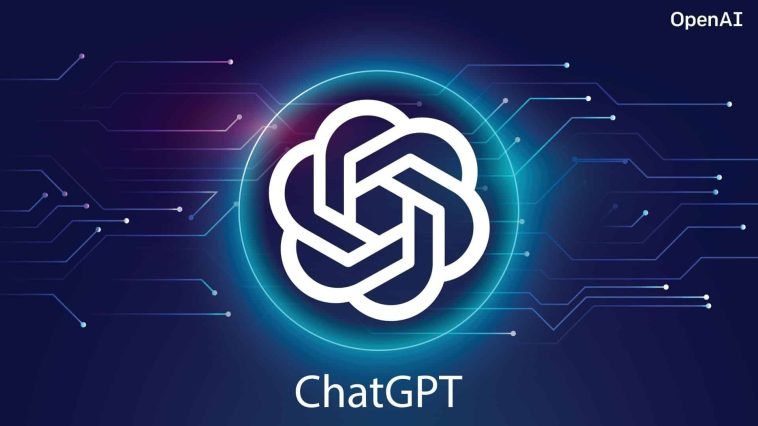Introduction.
Ethical hacking, also known as penetration testing or white hat hacking, plays a crucial role in ensuring the security and integrity of computer systems and networks.
By simulating real-world cyber attacks, ethical hackers help identify vulnerabilities and weaknesses in systems, enabling organizations to fortify their defences against malicious actors.
In recent years, advancements in artificial intelligence (AI) and natural language processing (NLP) have opened up new possibilities for enhancing the capabilities of ethical hackers.
How Do I Use ChatGPT For Ethical Hacking?
While the use of AI models like ChatGPT can augment the effectiveness and efficiency of ethical hacking, it is imperative to emphasize that the responsible and ethical application of these technologies is of utmost importance.
This introduction aims to shed light on the appropriate utilization of ChatGPT as a supportive tool in the realm of ethical hacking.
1. Understanding the Role of ChatGPT.
ChatGPT is an AI model designed to generate human-like text responses based on given prompts or queries.
Its ability to comprehend and generate contextually relevant information makes it an ideal resource for ethical hackers seeking to automate certain aspects of their work.
However, it is crucial to acknowledge that ChatGPT should be used as an assistant rather than a fully autonomous hacking tool.
2. Leveraging ChatGPT for Information Gathering.
One key area where ChatGPT can be beneficial is information gathering. By providing relevant prompts and questions, ethical hackers can utilize ChatGPT to collect data about potential targets, technologies, or vulnerabilities.
ChatGPT can assist in retrieving public information, identifying potential entry points, or even suggesting effective techniques to explore further.
3. Enhancing Threat Modeling and Risk Assessment.
Effective threat modelling and risk assessment are fundamental to ethical hacking. ChatGPT can aid ethical hackers by providing insights and suggestions during the process.
By posing hypothetical scenarios or describing the system’s architecture, ChatGPT can help identify potential vulnerabilities and recommend appropriate countermeasures.
4. Assisting in Exploit Development and Testing.
Another area where ChatGPT can contribute is in the development and testing of exploits. By leveraging its natural language processing capabilities, ethical hackers can collaborate with ChatGPT to explore potential vulnerabilities, devise attack vectors, and test the effectiveness of security measures.
5. Ethical Considerations and Limitations.
While ChatGPT can be a valuable tool, it is essential to remain conscious of ethical guidelines and legal boundaries.
Ethical hackers must ensure that their use of AI models like ChatGPT aligns with applicable laws, regulations, and responsible disclosure practices.
It is crucial to conduct hacking activities within controlled environments with proper authorization and consent.
Conclusion.
The responsible application of AI models like ChatGPT can enhance the capabilities of ethical hackers, enabling them to identify and mitigate vulnerabilities effectively.
By utilizing ChatGPT as a supportive tool for information gathering, threat modelling, exploit development and testing, ethical hackers can strengthen the overall security posture of systems and networks.
However, it is essential to approach the utilization of ChatGPT and similar technologies with a strong emphasis on ethics, legality, and responsible practices to ensure that the boundaries of ethical hacking are maintained.






GIPHY App Key not set. Please check settings